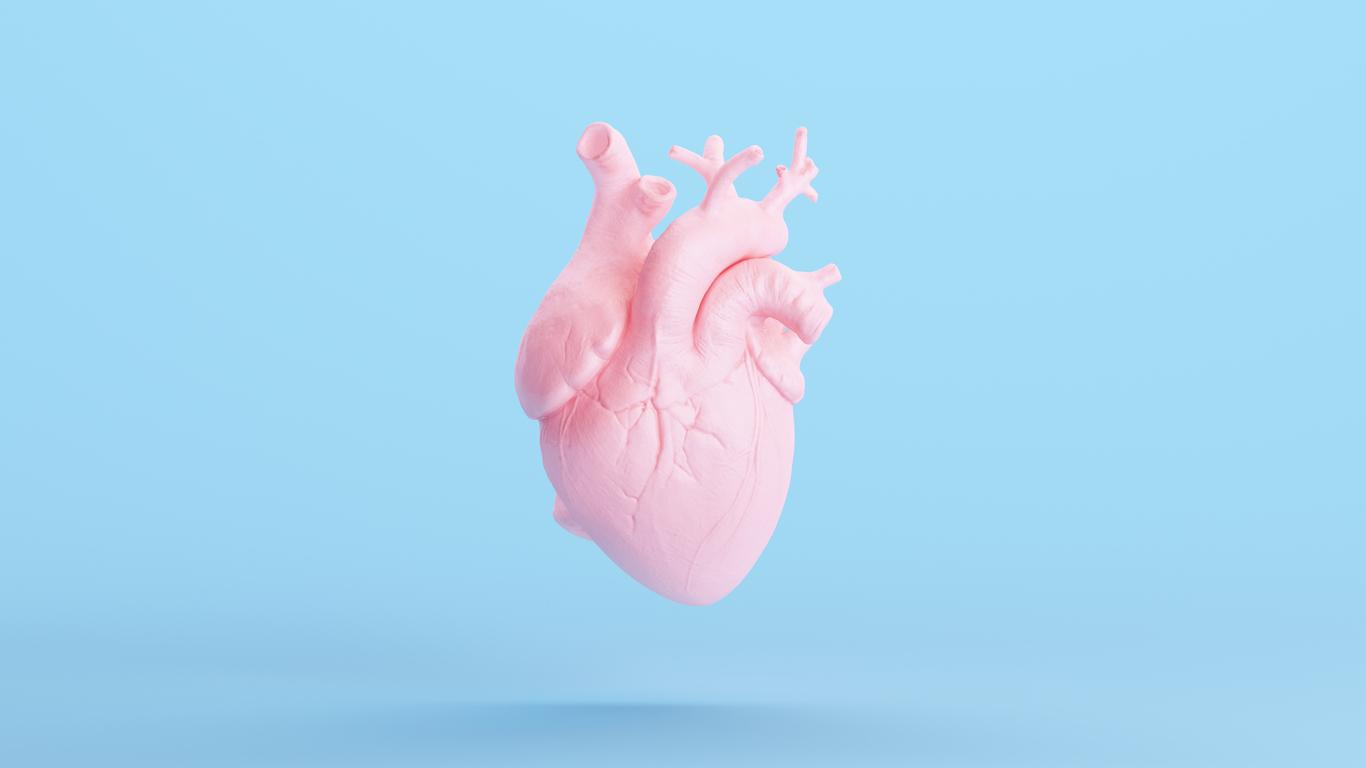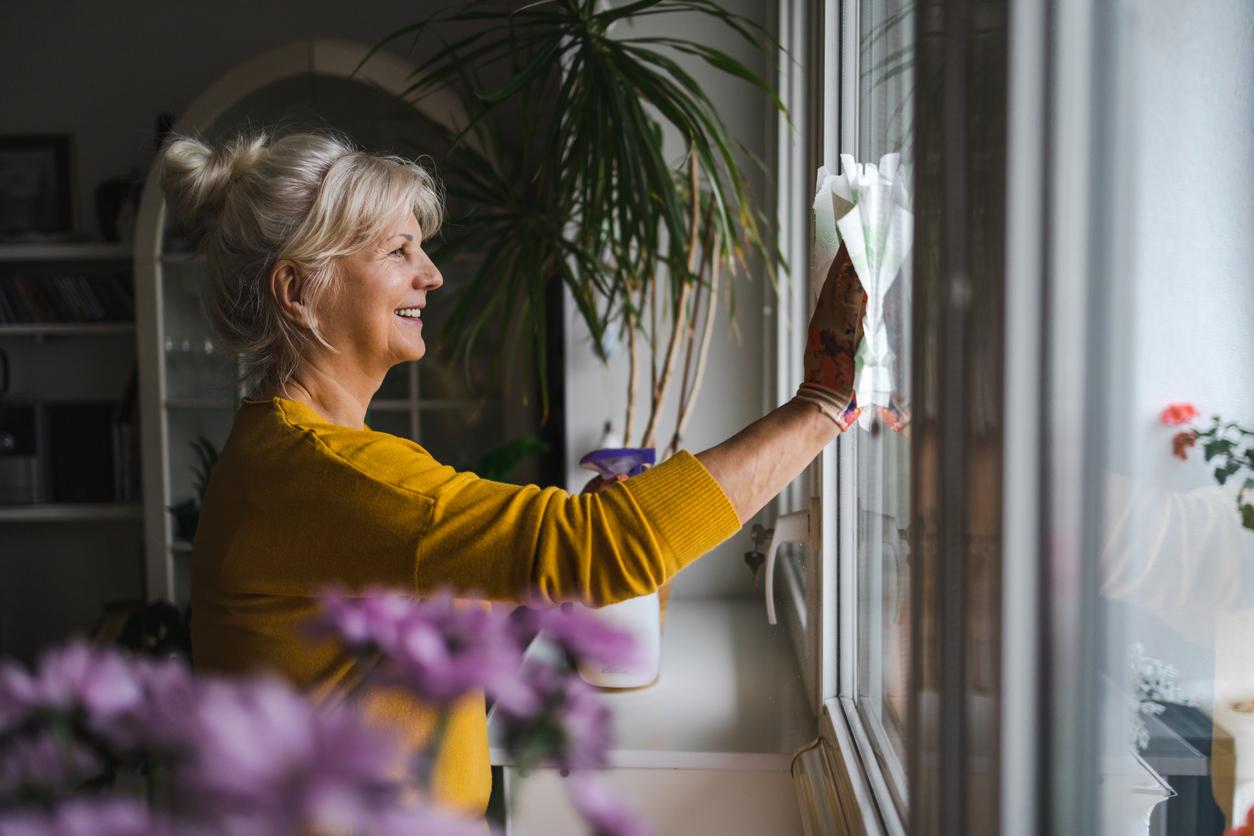
It is a myth that cardiovascular disease is an old man’s disease. In men, heart complaints often manifest themselves at a younger age, while in women the risk increases after the menopause. But how do you recognize heart problems as a woman and when are you at risk?
Why is the woman’s heart different?
Broadly speaking, the woman’s heart does not differ much from the man’s heart. Both have two atria, two ventricles, and four heart valves. dr. Sheba Ahmed: “In women we see that arteriosclerosis often affects the small blood vessels of the heart muscle, while in men it is more often the large coronary arteries. The smaller blood vessels also silt up over a greater length and this happens less quickly than in men. As a result, it is often more difficult for women to determine that they have heart problems.”
Risk factors in women
In men, heart complaints often manifest themselves at a younger age, while in women the risk increases just after the menopause. “Women are protected until the menopause by female hormones, estrogen. After the menopause, less estrogen is produced and the risk of cardiovascular disease increases. This also applies to women who enter the menopause early, we are talking about women younger than 40 years. High blood pressure is also often wrongly attributed to stress or menopause. If a woman has had high blood pressure during pregnancy, there is already 2 to 5 times greater risk of developing cardiovascular disease later in life.” tells Dr. Sheba Ahmed.
How do you recognize the signals?
Complaints that women may experience are shortness of breath, fatigue, serious sleeping problems, dizziness or palpitations. These complaints may have been present for years, but are sometimes, especially if they are vague, attributed to complaints associated with the menopause or stress. “Heart complaints in women are very similar to menopausal complaints, which prevents misdiagnosis. Sometimes the chest pain, as men often experience heart complaints, is completely absent in women. Complaints can therefore be confused with another disease. The result is that women can have a heart attack without their knowledge and thus run serious health risks. It is important that you contact your doctor, even if you only experience vague complaints.” says Sheba Ahmed. Read more about women-specific complaints here.
Expertise center for women’s cardiology
If your GP does not understand your (vague) complaints, ask for a referral to a specialist. If the signals are recognized and acknowledged more quickly, a diagnosis can be made more quickly. Recognizing, examining and treating women in good time requires specialist knowledge and extra attention. HartKliniek has a center of expertise for women’s cardiology. It may be that there is an ordinary, not heart-related, explanation for your complaints, but a doctor must have looked at this carefully. dr. Sheba Ahmed: “When women come to my women’s consultation hour, I ask extra questions about the complaints they experience and I check all risk factors. We are looking and searching again one more time, because in women the diagnosis is often more difficult to establish, but it is extremely important. By performing various tests, such as a stress ultrasound, we can see how the heart and blood vessels react when extreme pressure is applied to the heart.”
Personal attention is with Heart Clinic This is why all cardiologists carry out the examinations themselves or are present. During examinations or check-ups, you always speak with your own cardiologist. Ask your GP for a referral.
















